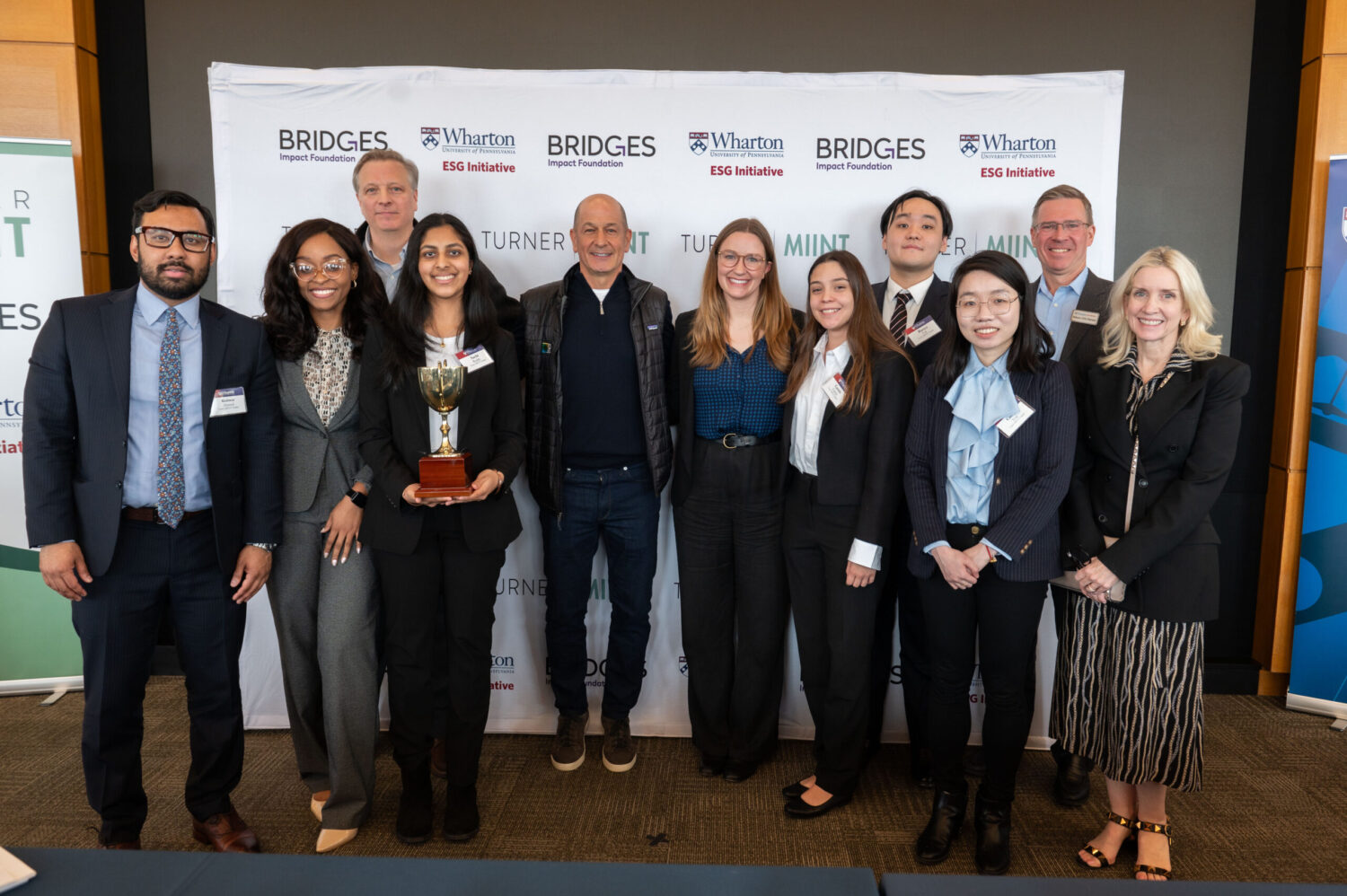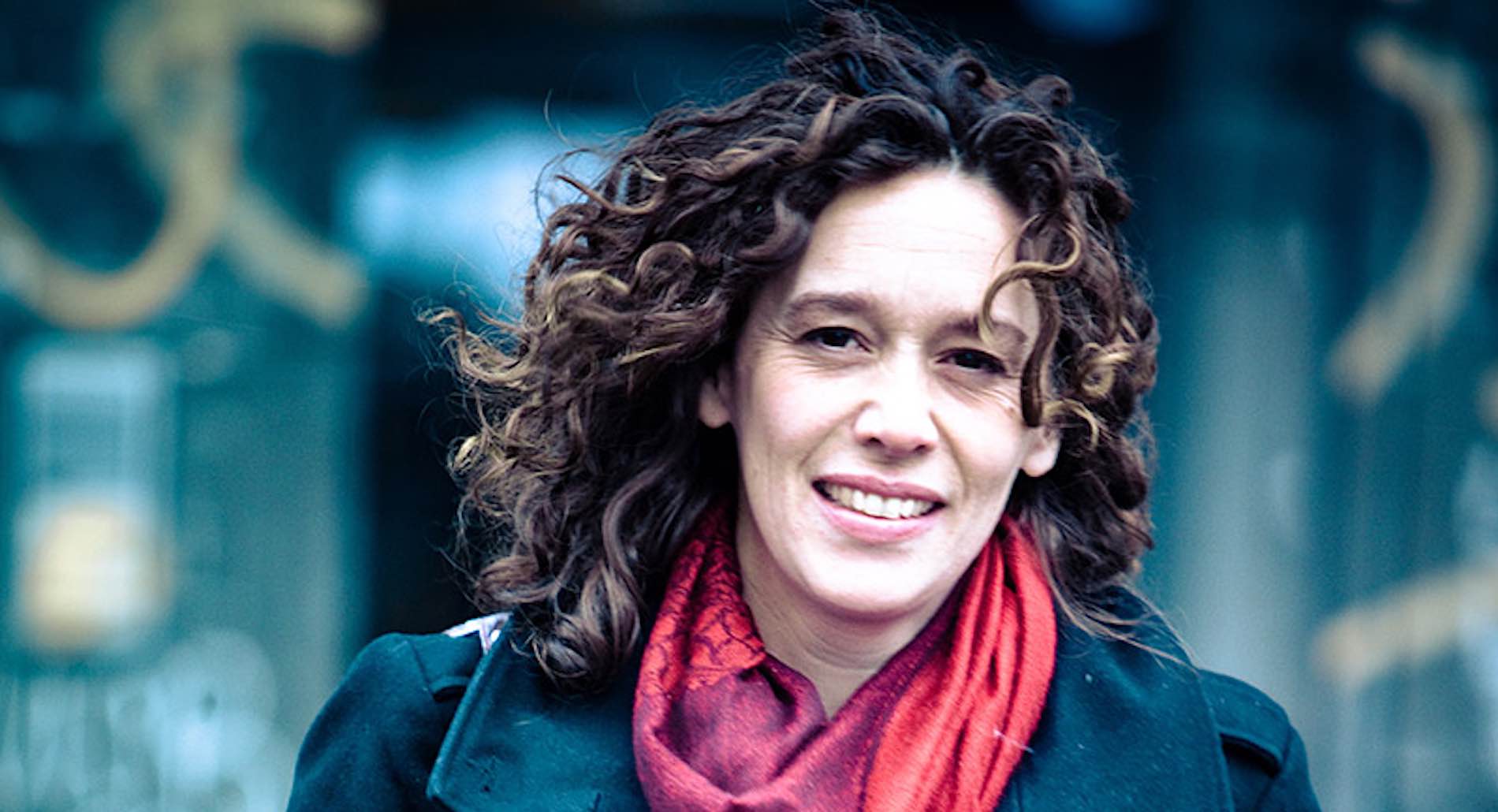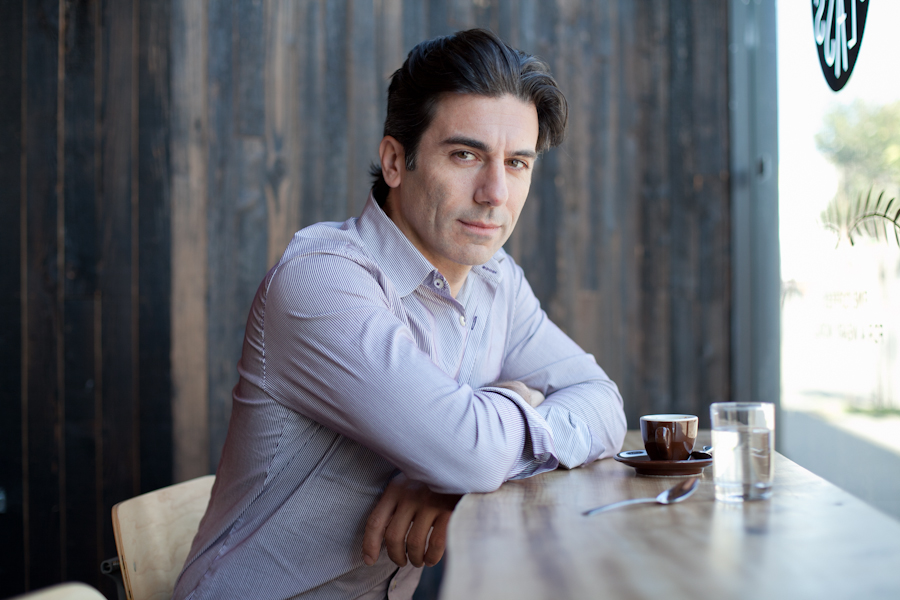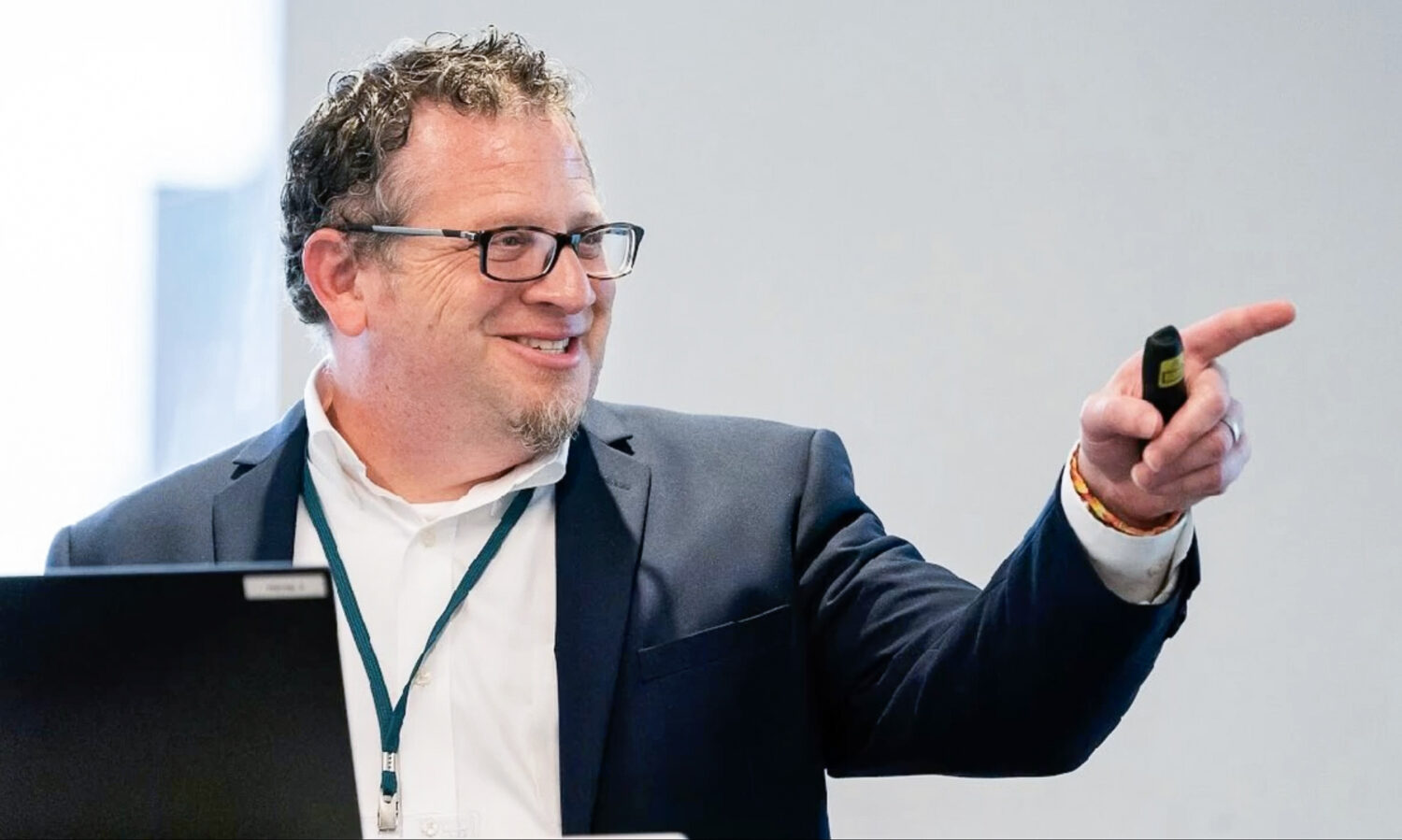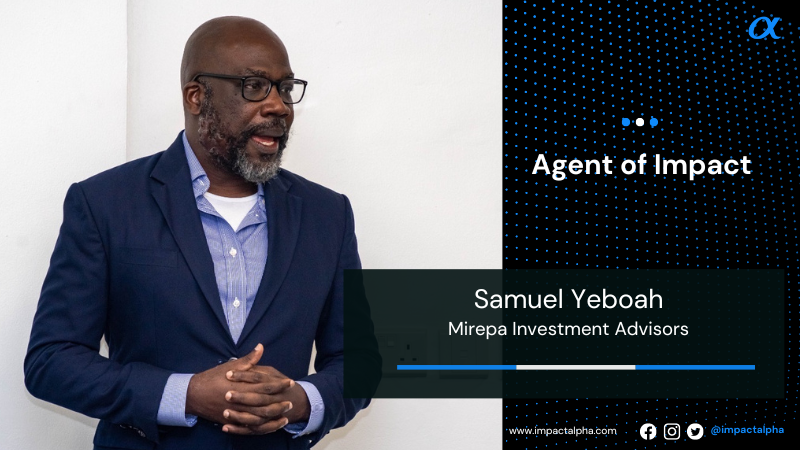ImpactAlpha, Dec. 2 – Back in 1931, Winston Churchill predicted we’d grow real meat without the animals. Last month, the U.S. Food and Drug Administration issued its first approval for climate-friendly cultivated meat to Upside Foods.
In his prescient “Fifty Years Hence,” Churchill also predicted synthetic biology, nuclear power, satellite telephony and genetic engineering. But the pace of technological change was advancing so rapidly, he warned, that technologists could be accelerating in the wrong direction.
Seven years ago, Seth Bannon and his partner Ela Madej launched the venture capital firm Fifty Years to try to keep technology on track. “We only want to back founders that are taking incredibly big swings and incredibly risky paths but ones that might fundamentally push the world forward if they succeed,” Bannon told ImpactAlpha’s David Bank in an Agents of Impact podcast.
The San Francisco firm raised a $90 million third fund last year. Fifty Years’ big swings include chemical decarbonization firm Houston-based Solugen, now valued at more than $2 billion and satellite internet company Astranis, valued at $1.4 billion. Upside Foods, the lab-grown meat producer whose cultivated chicken was green lit by the FDA, is valued at over $1 billion (for background, see “Fifty Years’ bets on ‘deep tech’”).
Bannon says a focus on hard-to-solve, long-term challenges like climate, disease and connectivity could help VCs rebound from short-term, get-rich-quick schemes like “crypto, jet packs and delivery apps.”
At the same time, impact investors could accelerate transformational change with bigger, riskier bets on deep technologies like clean hydrogen and carbon-negative chemicals.
Fifty Years’ thesis is that founders building companies to address the world’s biggest problems “have systemic advantages that will help them outcompete companies that aren’t,” Bannon says. “That thesis has been proved out.”




